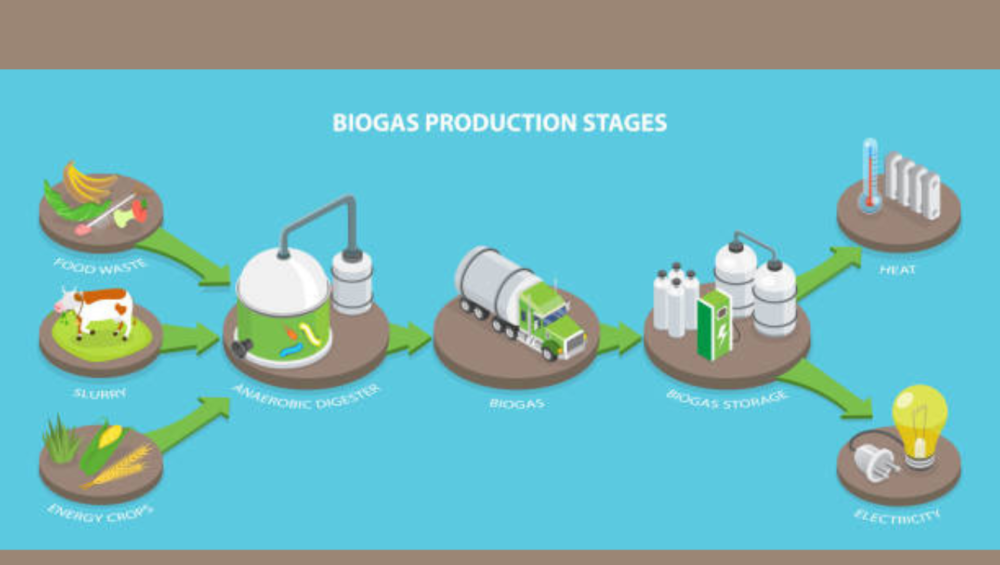In a significant move to combat food waste and mitigate methane emissions, the Lagos Waste Management Authority (LAWMA) has announced plans to convert organic waste into biogas in collaboration with FABE International Foundation. At a recent environmental event, #ProjectCleanAir, held at the Ketu Fruit Market, Abimbola Ajayi, the assistant director of the waste engineering project at LAWMA, highlighted the agency’s partnership with the private sector to address waste management challenges in the state. He stated, “Going forward, particularly in this fruit market, our government’s agenda for its second term is to ensure low methane emissions in our society.”
Biogas, a mixture of carbon dioxide and methane, is generated through the bacterial decomposition of organic materials like plant residues, animal manure, sewage, and food waste. Ajayi emphasized the necessity of separating organic waste from landfills to facilitate its conversion into renewable energy. He noted that the Ketu market, recognized for its high volume of organic waste, is a pilot location for this initiative. “Biogas is formed by anaerobic microorganisms, producing methane and bioenergy,” he explained.
The Lagos State government plans to launch the waste conversion plant by December 2024, aiming to generate 29 megawatts of electricity from fruit waste, with full operation set for June 2025. Ajayi urged market vendors to properly separate their waste, emphasizing that the raw waste produced could be transformed into biodegradable materials beneficial for LAWMA’s operations.
Temitope Okunu, founder of FABE International Foundation, highlighted the importance of educating marketers about maintaining a clean environment for health and well-being. She stated, “Our mission is to sensitize market people, particularly since this is a major source of fruit waste in the state, so they can become advocates for change.” Okunu also mentioned the potential of fruit waste to produce biogas and compost, calling for better waste segregation practices among vendors.
Echoing this sentiment, Charisse Ige, chief strategy and transformation officer at Prudential Zenith Life, reiterated the project’s focus on fostering sustainability within the environmental ecosystem. “To reduce our carbon footprint, we need to monitor emissions and proactively clean our environments,” she said. The secretary of Ketu market, Shola Olokungboye, expressed gratitude for the improvements in the market’s environmental conditions, attributing progress to the state government’s waste management efforts.





